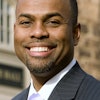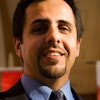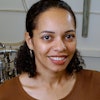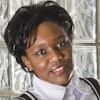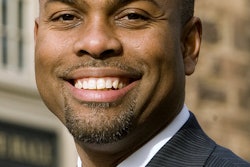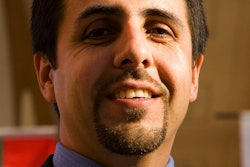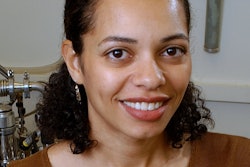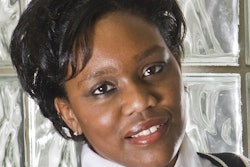Goodwin Liu jokingly refers to his academic foray into medicine as “the path of least resistance.” After all, both his parents were doctors. While they never pressured him to follow in their footsteps, he didn’t consider doing anything else. So he diligently studied biology and the sciences as an undergraduate, while pursuing politics, public education and social issues as side interests. Until he became a Rhodes Scholar.
At Oxford University, he studied philosophy, which he considers a bridge between science and law.
And one summer, he worked as an intern for an attorney who practiced education law.
Liu was inspired to go to law school, not medical school. And in another epiphany, he realized he wanted to teach at a university, where he could research and write as much as he wanted.
“In academia, you’re your own boss,” he says. “You’re defining your own agenda without having to work for the clients.”
However, he quickly adds that the two years he spent as an appellate litigator for a Washington, D.C., law firm was valuable in showing him how private practice works. He was also a law clerk for U.S. Supreme Court Justice Ruth Bader Ginsburg in 2000.
“The firm knew my ambitions all along,” he says. “They were very supportive of my academic leanings.”
